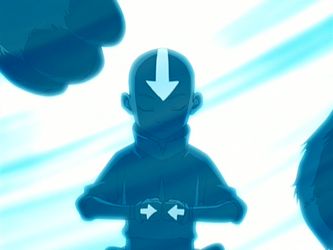Wednesday Post 9.23
By han yuSeptember 23, 2015 - 17:23

Serendip is an independent site partnering with faculty at multiple colleges and universities around the world. Happy exploring!


I, Rigoberta Menchú has me thinking a lot about voice and language. I can’t help but think that because this book has been translated so many times, its original emotional power has been diluted. I am sure her tone must have been musical and her language colorful, despite and perhaps because of the anguish that she has faced in life, but so much of that is out of our reach because of the repeated translation. I was also thinking a lot about the protagonist/writer’s constant ache to tell her story in the dominant language. She says to her father that she “[wants] to read or speak or write Spanish…perhaps things were different if you could read” (105). This becomes her main reason for leaving her home to go to Guatemala City to work as a maid.

“Sometimes it’s something we do, not because we understand it, but because that’s the way it has to be. Because I remember that at first the prayers weren’t even in Spanish but in Latin or something like that. So although it’s something we say and express with all our faith, we don’t always understand what it means. Since the priests don’t know our language and they say the prayers in Spanish, our job is to memorize the prayers, and the chants. But we didn’t understand exactly what it meant, it was just a channel for our self-expression. It’s very important for us, but we don’t understand it” (Menchú 95).

Learning about Rigoberta Menchú has made me think about language, and the obligations we may or may not have to speak on our experiences due to our privileged positions. Menchú's first language is Quiché, yet she tells her story (and the story of her people) in Spanish, her second language. In the words of translator Ann Wright, Menchú "has learned the language of the culture which oppresses her in order to fight it -- to fight for her people -- and to help us understand her own world" (vii). And further elucidated by Elisabeth Burgos-Debray, Menchú "is a privileged witness: she has survived the genocide that destroyed her family and community and is stubbornly determined to break the silence and to confront the systematic extermination of her people.

Nobody Cares/Everybody Cares



I am on a date with my girlfriend at Mamma Maria, one of the best restaurants in the North End of Boston. We have been saving up for this date for weeks, excited to get all “dolled up” and take the train into the city. I don my blazer, my “nice” skinny jeans, and a tie, and she wears her favorite black dress.



“People in U.S. cultural contexts often evaluate those who are quick and effusive in their verbal responses more favorably than those who are quieter.” (Kim and Markus 189).

“Don't you hate that? Uncomfortable silences. Why do we feel it's necessary to yak about bullshit in order to be comfortable? That's when you know you've found somebody special. When you can just shut the fuck up for a minute and comfortably enjoy the silence.” (Pulp Fiction, 1994)
-